Kohila Kurunathan
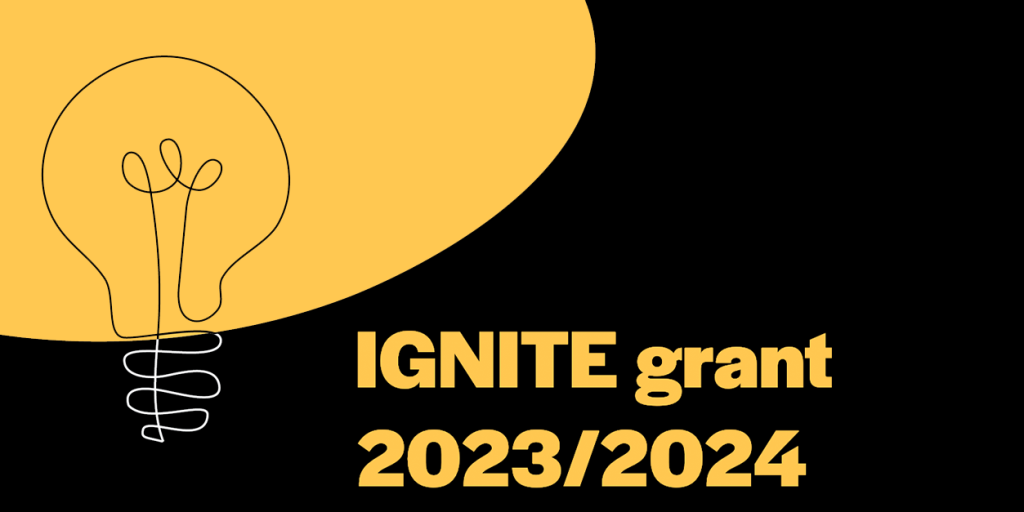
The Black Research Network’s 2023/2024 IGNITE grant
The Black Research Network’s IGNITE grant is now open to applicants for the 2023/2024 academic year! The grant was established to provide small-scale funding – between $5K to $10K – towards professional development, research dissemination and other types of research support. Learn more and apply by Wednesday, November 22, 2023.

Smart Growth Symposium: Fostering a Sustainable Future Through Innovation
Climate Positive Energy Initiative and the Ontario Chamber of Commerce will host an in-person event on Nov 21, focused on showcasing smart and clean tech solutions, including sustainability, smart mobility, buildings, business commerce, the energy grid, and other digital and physical infrastructure solutions relevant to Ontario’s economy.
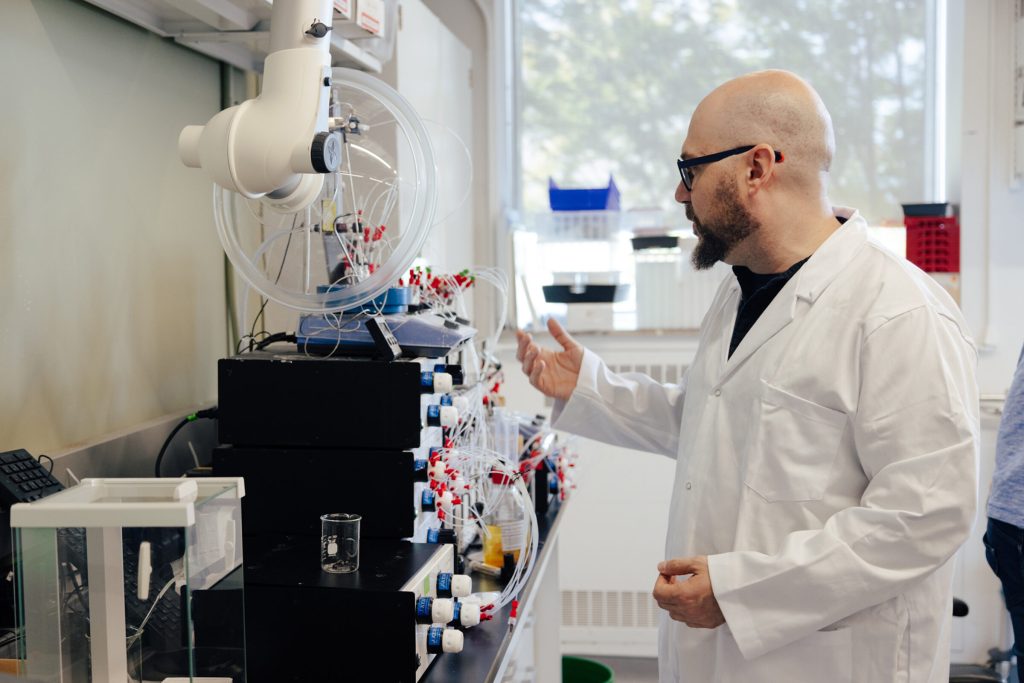
The Lab That (Almost) Runs Itself
Robots and AI are changing how we do science, making it faster, cheaper and more productive. By Scott Anderson for U of T Magazine
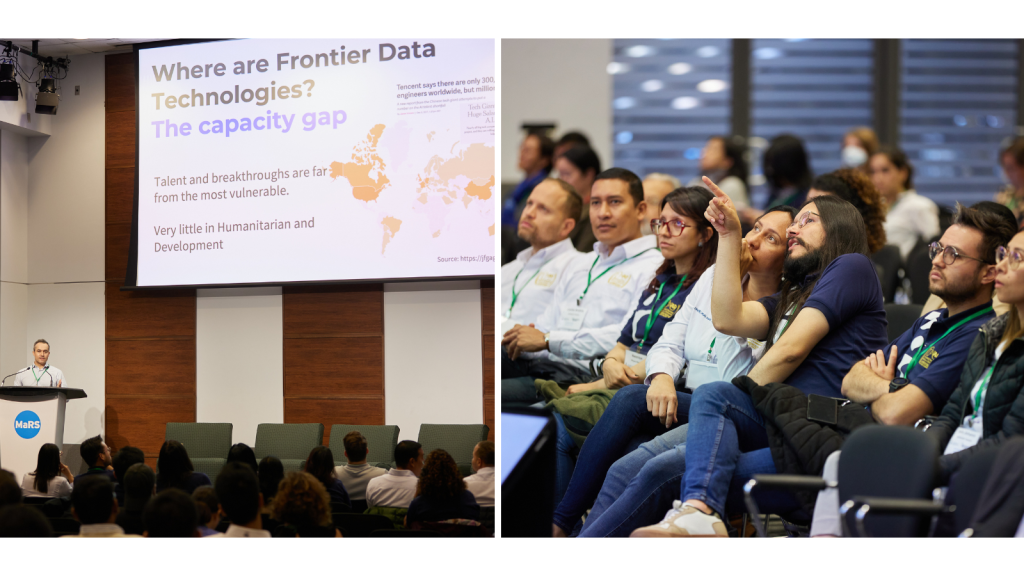
Data Sciences Institute’s Research Day Unveils the Power of Data
In a data-driven day, more than 250 individuals gathered to unveil the stories embedded within the numbers. The Data Sciences Institute’s first annual Data Science Research Day brought together data science enthusiasts from all corners to celebrate the fusion of data, innovation, and collaboration.
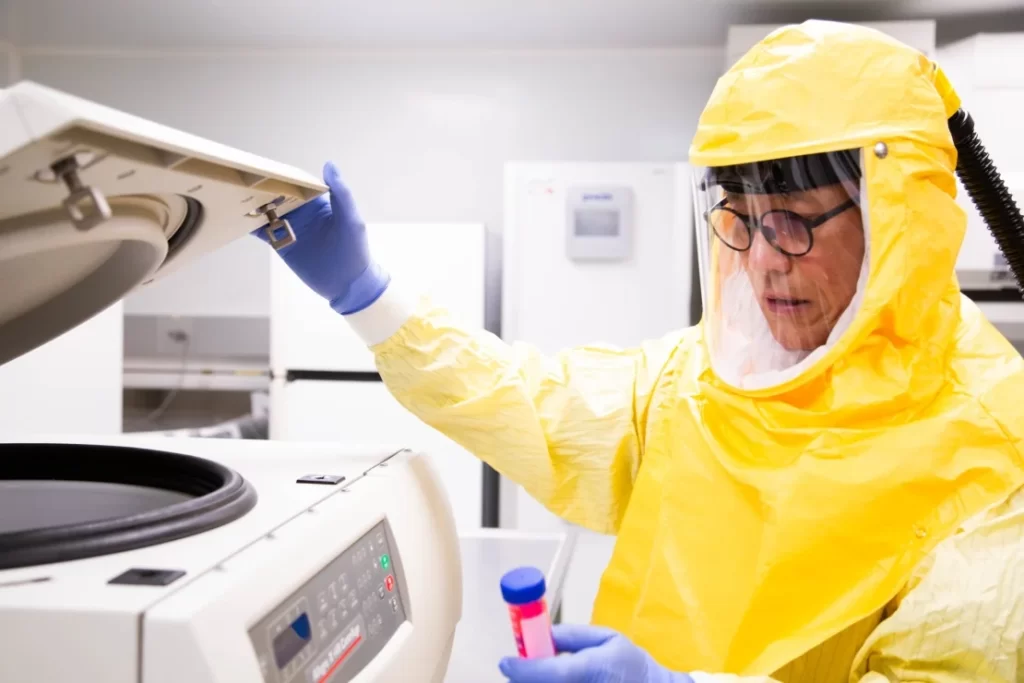
Research may explain why men are more likely to experience severe cases of COVID-19
Haibo Zhang, a researcher at Unity Health Toronto and U of T, led pre-clinical research that suggests why males are more likely to experience worse outcomes from COVID-19, opening the door to potential new treatments.
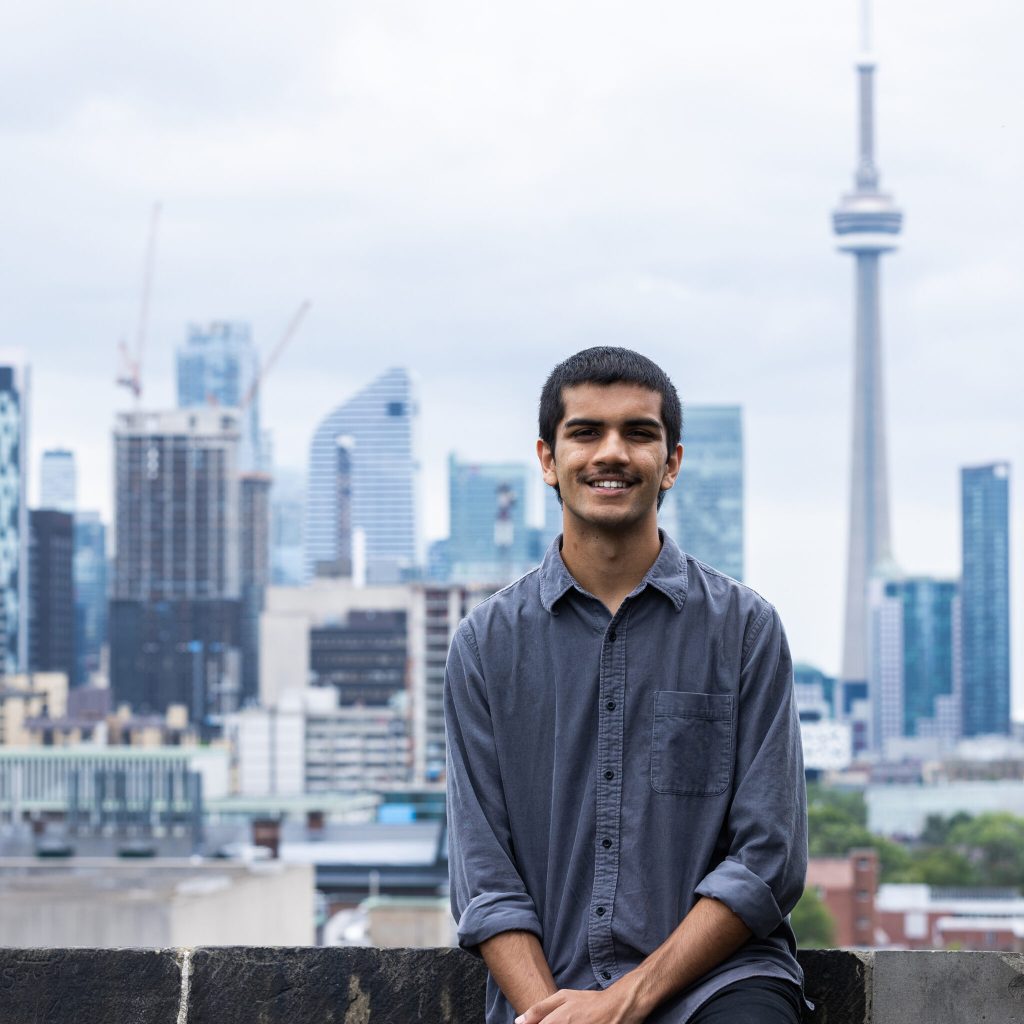
The future is urban: U of T’s School of Cities celebrates its fifth anniversary
Five years ago, UofT established the School of Cities, a multidisciplinary hub tasked with creating solutions for more efficient and equitable cities in an increasingly urbanized world. The project makes enormous sense. In a world where 4.5 billion people live in cities and more move to cities every day, there is no question that the future is urban.

CDHI Launches Indigenous Digital Practice Initiative for 2023-24
Dr. Jennifer Wemigwans to lead IDP as Director The Critical Digital Humanities Initiative (CDHI) is pleased to announce that we are launching the Indigenous Digital Practice initiative, with the goal of building strengths in Indigenous Digital Practice among university and community-based Indigenous researchers. We recognize that there are significant strengths in Indigenous digital practice and Indigenous data […]
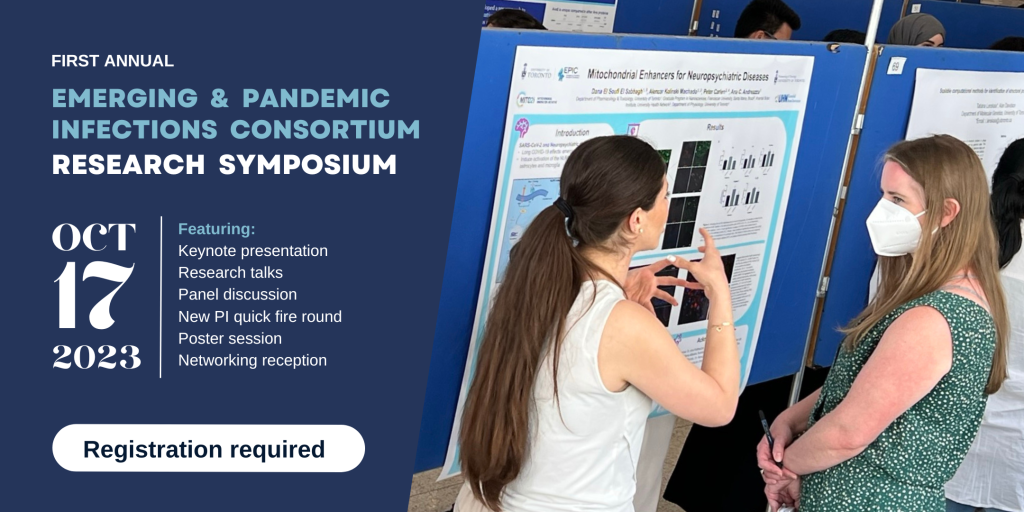
First annual EPIC Symposium: October 17, 2023
The first annual Emerging and Pandemic Infections Consortium symposium is a day of research, networking and community-building. The event will feature a keynote presentation, research talk, panel discussion, new PI quick fire round, poster session, and networking reception.
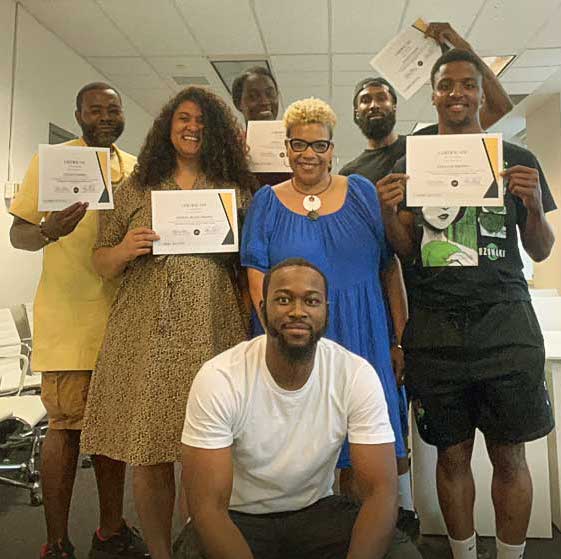
Community-based approaches to support survivors of homocide victims
The Neighborhood Ambassador Program (NAP), launched by the Centre for Research and Innovation for Black Survivors of Homicide Victims (The CRIB) in 2023, employs community members who live and/or work in neighborhoods disproportionately impacted by homicide, to provide community outreach and support as well as to conduct research.
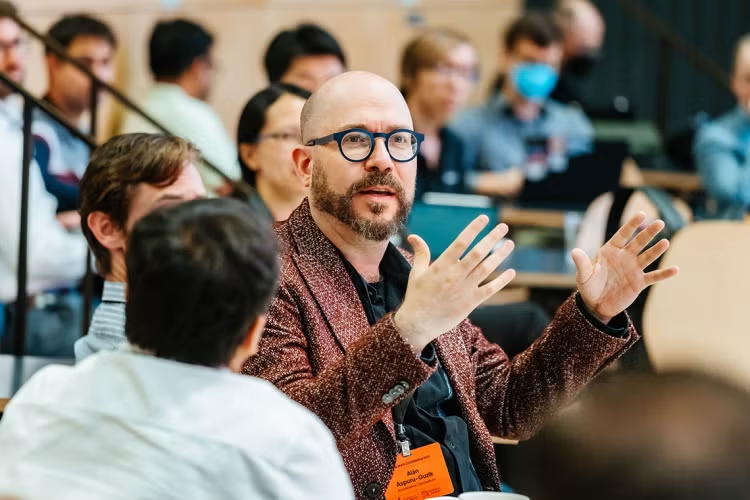
Global experts gather at U of T to discuss how ‘self driving labs’ will revolutionize scientific discovery
The Acceleration Consortium (AC) at the University of Toronto recently brought together more than 350 representatives from academia, industry and government from 16 countries to discuss how “self-driving labs” are revolutionizing the speed and impact of scientific discovery. Held over four days in August, the consortium’s second annual Accelerate conference focused on key themes such as talent development, collaboration […]
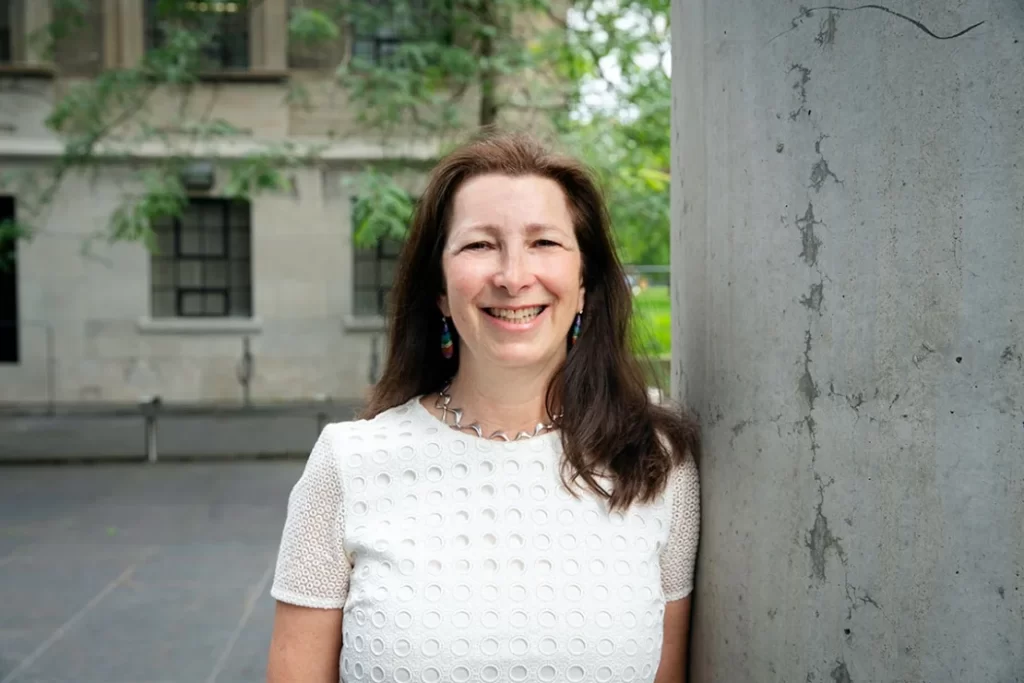
Molly Shoichet named director of U of T's precision medicine initiative
Molly Shoichet has been named scientific director of PRiME Next-Generation Precision Medicine – an institutional strategic initiative that tackles unmet needs in drug discovery, diagnostics and disease biology. “It is such an exciting time in precision medicine,” says Shoichet, a University Professor in the Faculty of Applied Science & Engineering with a cross appointment to the Leslie Dan Faculty of Pharmacy who is […]

